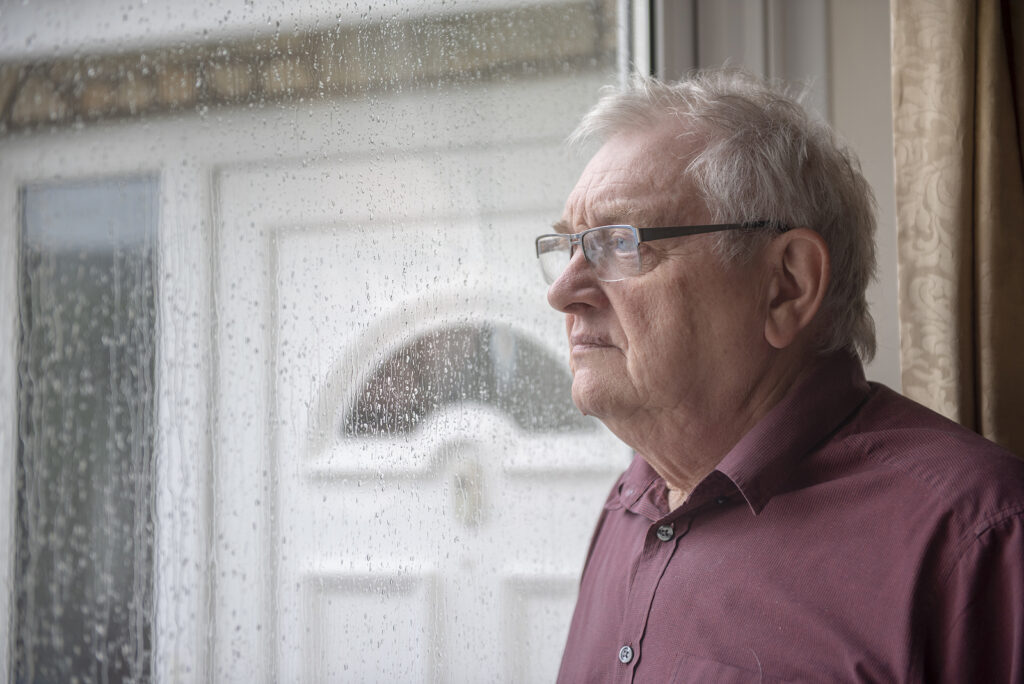One out of five older adults (50+) has at least one mental health issue. Your dad’s mental and emotional health must be a priority to you and your family as he ages. You may not think of depression or suicidal thoughts as being something older adults experience, but that’s incorrect. Older men have the highest suicide rates of any other age group and having someone around like a family caregiver or an in-home care provider can do wonders for companionship.
Ask him these questions, and have a plan in place to support him when he needs it.
Does He Experience Feelings of Loneliness?
Does your dad feel lonely? It’s common after retirement to lose track of co-workers as people move to new areas to be closer to grandchildren, seek a warmer climate, or find an area with a lower cost of living. If your dad’s social circle is getting smaller, talk to him about his feelings.
How often does his close family visit? Can weeks pass before you see your dad? If you live on the other side of the country, you may not see him more than once or twice a year. You may rely on phone calls to check in on him, and a phone call isn’t the same as an in-person gathering where you can see if he’s healthy, losing or gaining weight, or becoming less mobile.
Does He Have a Way to Ease Stress?
If your dad is stressed, does he have a way to ease it? Can he vent his frustration and avoid feeling overwhelmed or helpless? Stress can build up and create problems like depression and anxiety.
Socialization can help ease stress. Hobbies and daily exercise also do. If your dad isn’t visiting with others, has a hobby to engage in, or goes outside for enough walks, stress may build. He needs to make sure he’s staying active and engaged and releasing excessive stress in healthy ways. An in-home care provider can help out by encouraging him to try new hobbies or take him to socialize.
Does He Need More Help Than He Gets?
Are there any chores your dad needs help completing? Does he have a hard time carrying the laundry to his laundry room? Can he change his sheets or does it take too much energy? Is he able to cook his meals?
If he needs to go shopping, is he able to drive? Does he end up waiting days or weeks for someone to visit? Does he handle grooming and hygiene chores on his own, or are there things he cannot handle? Can he bend down to trim his toenails? Is he able to tie his shoes and button his shirt?
In-home care is there to provide the support and friendship your dad needs the most. He doesn’t have to be alone all day, every day. Arrange to have in-home care aides available to join your dad on outings, help him around the home, and join him for his meals.
He won’t be alone and that will make a lot of difference to his mental and emotional health. Call an advisor to learn more about the services like companionship, meals, and errands that are available.


